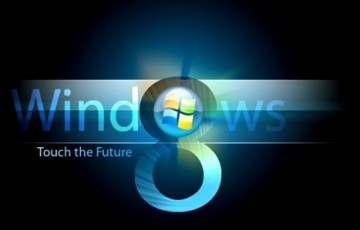 A recent report laying a fair chunk of blame on Windows 8 for the demise of PC sales has been queried by distributors.
A recent report laying a fair chunk of blame on Windows 8 for the demise of PC sales has been queried by distributors.
Speaking with ChannelEye the sources have said it was unfair to lay the blame just on Microsoft and Windows 8, pointing out other factors such as Apple kit and the ongoing economic crisis.
Their comments come as IDC published its latest Worldwide Quarterly PC Tracker, where it pointed the finger at Windows 8 for disrupting the market in tough trading conditions.
It found that shipments totaled 76.3 million units in the first quarter of 2013, a decline of 13.9 percent compared to the same quarter in 2012.
The Windows 8 launch was blamed partly for the decline. Bob O’Donnell, IDC Programme Vice President, Clients and Displays said it not only failed to provide a positive boost to the PC market, but had also slowed down the market as a result of the “radical changes” to the UI. This included the absence of the Start button, plus the costs associated with touch had made PCs a less attractive alternative to dedicated tablets and other competitive devices.
However, disties have stuck up for the company.
One told ChannelEye: “I don’t think it’s fair to put all the blame on Microsoft for disrupting the market, PC sales were flagging long before it bought out Windows 8 to the forefront. If you really want someone to blame then look towards Apple, which has totally changed the landscape with its fancy products.
“It’s tablets, not PC innovation that’s disrupted the pace of PC life.”
Another pointed to the economic climate, saying the recession has a huge part in the slow growth and decline of PC sales as consumers opt for laptops that can be used by everyone in their family.
“Businesses are also cutting down on IT spend, usually opting to repair or reuse their current kit,” the distie said.
However, there were a few choice words for Microsoft’s OS.
“Windows 8 has a small part to play in the way it has disrupted the landscape, offering people touchscreen products and making older, less feature-based PCs seem less glam,” the distie said. “Maybe people are waiting for other operating systems to come out mimicking this, hoping that competition will drive down the prices and get them the bargain they are looking for.”





